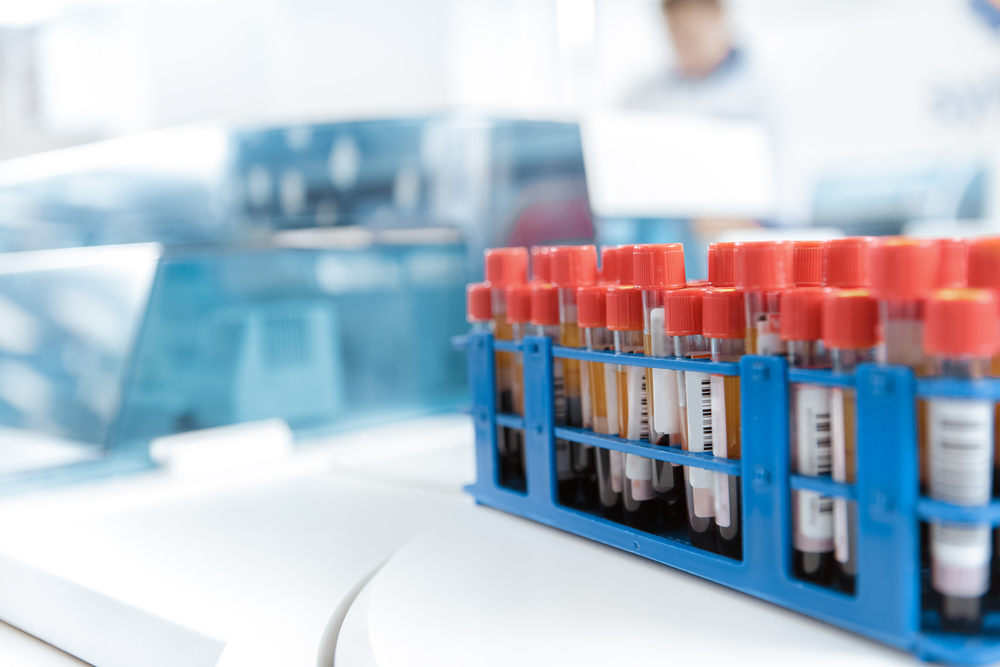Dihydrotestosterone, commonly referred to as DHT, is a potent androgen hormone that plays a crucial role in various physiological processes in both men and women. Despite its importance, DHT is often misunderstood and can have significant effects on health and wellbeing. In this blog, we'll delve into what DHT is, its functions, its effects on the body, and how DHT Hormone Imbalance levels can impact health.
Table Of Content
What is DHT?
DHT is a derivative of the male sex hormone testosterone, produced primarily in the testes, prostate gland, and hair follicles . It is synthesized from testosterone by the enzyme 5-alpha-reductase. While testosterone is vital for the development of male reproductive tissues and characteristics, DHT is considered more potent and responsible for many of the androgenic effects in the body.
Functions of DHT
Development of male reproductive organs: During fetal development, DHT is crucial for the formation of the male genitalia.Secondary sexual characteristics: DHT contributes to the development of secondary sexual characteristics in men, such as facial hair growth, deepening of the voice, and muscle mass development.Maintenance of libido: DHT plays a role in regulating sexual desire and libido in both men and women.Hair growth: While DHT contributes to the growth of body hair during puberty, it is also implicated in male pattern baldness (androgenetic alopecia) when levels are excessively high.Effects of DHT Imbalance
- Androgenetic Alopecia: Excessive DHT levels can lead to miniaturization of hair follicles, resulting in thinning of scalp hair and eventual baldness, particularly in a pattern known as male or female pattern baldness.
- Prostate Enlargement: DHT is a key factor in the development of benign prostatic hyperplasia (BPH), a condition characterized by an enlargement of the prostate gland, leading to urinary symptoms such as increased frequency and urgency.
- Acne: High levels of DHT have been associated with the development of acne, particularly in adolescents going through puberty.
- Hirsutism: In women, excessive DHT levels can lead to the development of male-pattern hair growth (hirsutism), where there is an increase in coarse facial and body hair.
- Hormonal Imbalance: Imbalances in DHT blocker levels can disrupt the delicate hormonal balance in both men and women, leading to a range of symptoms including mood swings, fatigue, and decreased libido.
DHT Hormone Imbalance Symptoms
- Hair loss: Thinning of scalp hair or pattern baldness.
- Prostate enlargement: Symptoms may include increased frequency and urgency of urination.
- Acne: Especially prevalent during puberty.
- Hirsutism: Excessive facial and body hair growth in women.
- Hormonal imbalance: Mood swings, fatigue, and decreased libido may indicate disruptions in hormone levels, including DHT.
Regulating DHT Levels
While DHT is essential for various bodily functions, excessive levels can lead to adverse effects. Several strategies can help regulate DHT blocker levels , including:
- Medications: Drugs like finasteride and dutasteride inhibit the enzyme 5-alpha-reductase, thereby reducing the conversion of testosterone to DHT.
- Lifestyle Changes: Maintaining a healthy lifestyle, including regular exercise, a balanced diet, and stress management, can help regulate hormone levels, including DHT.
- Natural Remedies: Some natural remedies, such as saw palmetto and pumpkin seed oil, are believed to inhibit DHT production and may be beneficial for those experiencing hair loss or other DHT-related issues.
Conclusion
In conclusion, dihydrotestosterone (DHT) is a pivotal hormone influencing various aspects of health, particularly in males. While it plays crucial roles in development and sexual function, imbalances in DHT blocker levels can lead to diverse health concerns, including hair loss, prostate issues, and hormonal imbalances. Understanding the significance of DHT and adopting strategies to regulate its levels is essential for maintaining overall health and wellbeing. For those seeking further guidance and personalized solutions regarding DHT-related issues, resources such as AstoLabs provide expertise in hormonal health and wellness. Consulting with professionals at AstoLabs can offer tailored advice and support to effectively manage DHT levels and optimize health outcomes.






